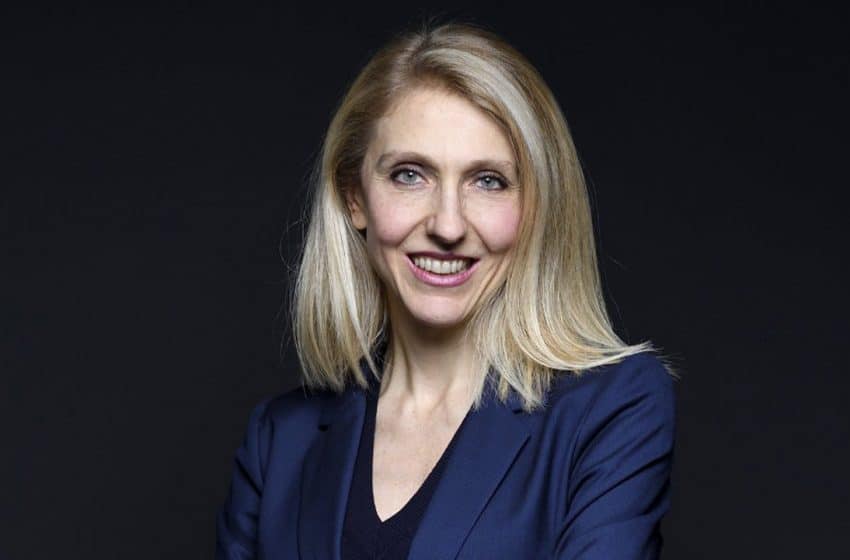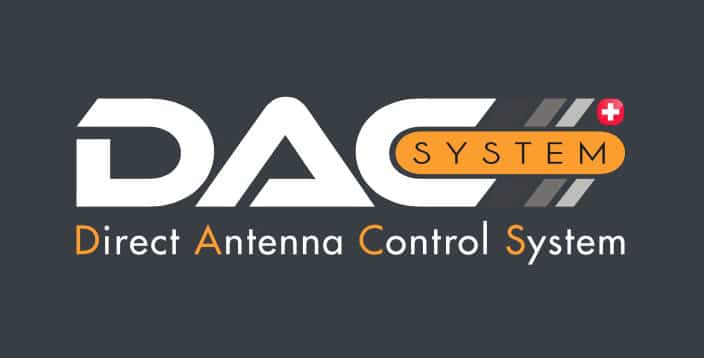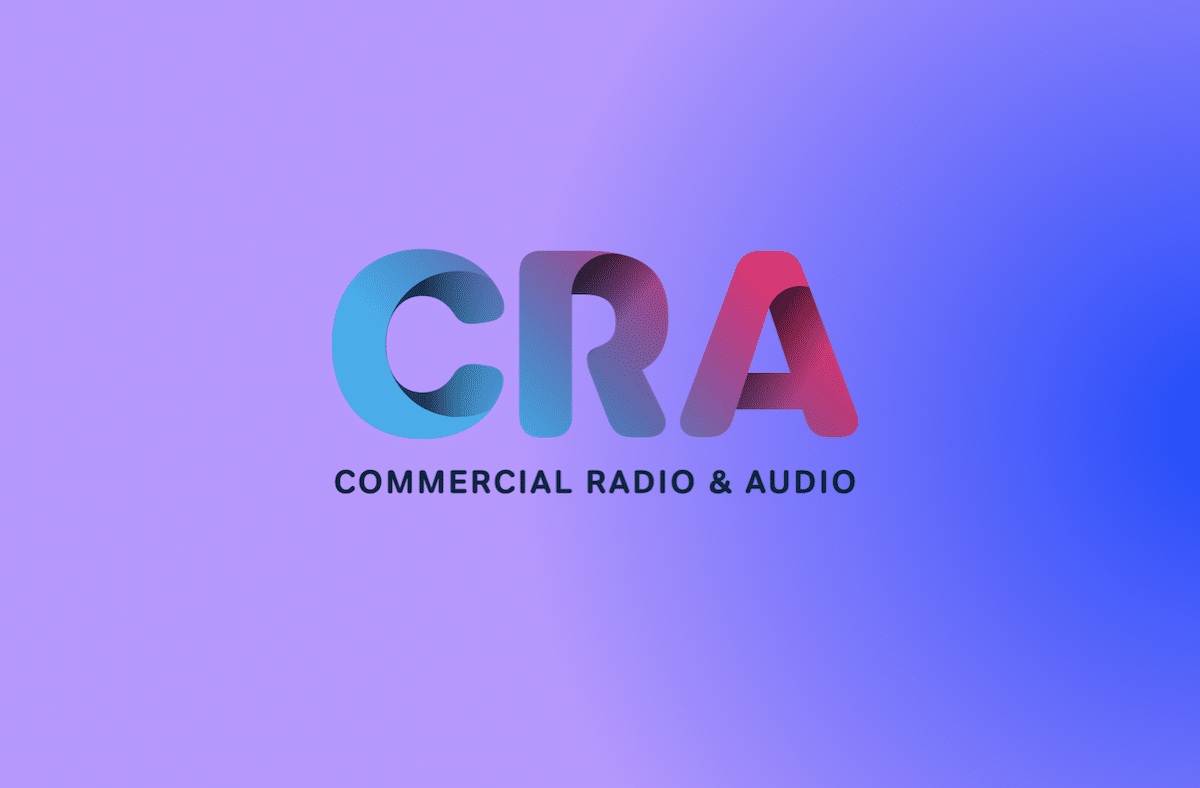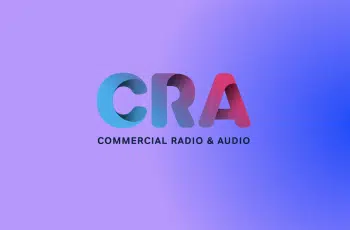
Radio France’s Sibyle Veil has been elected as Chair of the new EBU Radio Committee at the 29th Radio Assembly in Athens, hosted by Greece’s public service broadcaster, ERT. The Radio Committee is the primary policy-making body for public service radio broadcasters and sets the strategic priorities for the radio sector. It has a two-year mandate.
On accepting her role, Veil, president and CEO of Radio France since 2018, paid tribute to the BBC’s Graham Ellis, her predecessor as radio committee chair, highlighting the “tremendous work” he had done during his ten years in the role.
Edita Kudláčová, the EBU’s head of radio, added her appreciation: “We are truly thankful for the amazing work and energy Graham invested in the radio community over five mandates of being Chair of the Radio Committee. His significant contribution, especially in radio distribution, securing DAB devices in cars and advocating for radio and high-level representation of the radio community, brought many benefits to the whole radio industry. We are delighted Graham will remain a member of the Committee, and there will be a natural continuity between his work and what Sibyle will bring to her new role.”
Welcoming Veil to her new position, Kudláčová said, “Having a seasoned leader from a successful and innovative radio broadcaster is a great asset for the years to come when we will face many challenges, especially in digital space, and it will be of great importance to work even more closely as an industry at the international level.”
Cooperation priorities
On her mandate, Veil encouraged closer cooperation among the members. “In a rapidly changing environment,” she said, “public service media face many common challenges, especially in terms of securing our prominence in the new digital world and reaching all audiences, particularly younger generations.”
Veil pointed to four areas where cooperation is essential:
- Ensuring prominence in new digital spaces, especially connected cars and virtual assistants.
- Transforming public service radio, both in terms of production methods and distribution strategies.
- Renewing and re-engaging with audiences, ensuring that programming is in tune with their daily lives.
- Leveraging high public trust in radio to address the problem of mass disinformation.
Sharing her views on the biggest challenges for public service radio in the years ahead, she pointed to a broadening of the medium — from radio to audio. “This requires an evolution in our production methods, which must become hybrid, in our digital transformation, which must be ambitious, and in our capacity to initiate innovation,” said Veil. “These are the changes in skills, tools and organization necessary to turn our business around.”
Encouraging her colleagues on their responsibilities, Veil’s trademark passion and optimism shone through, “Audio,” she said, “is the new cool!”




















